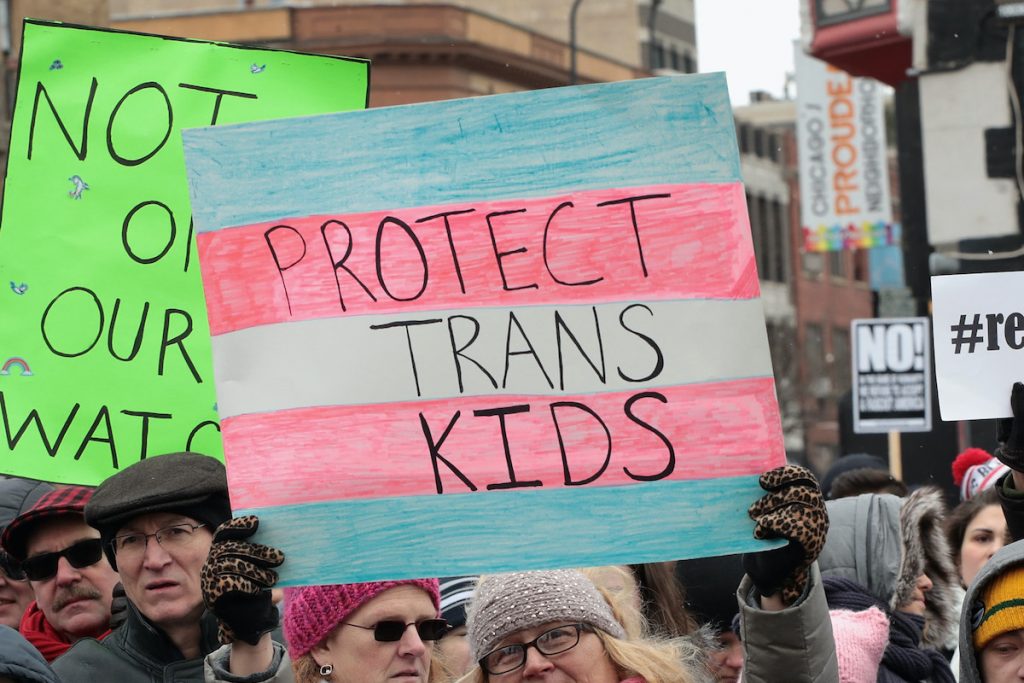Consequences of Law
A professor in the Department of Psychological and Brain Sciences, explains the consequences of the state’s child welfare agency opening child abuse investigations into parents who provide gender-affirming care to their children.

By Heather Rodriguez ’04
On February 22, Texas Governor Greg Abbott directed the state’s child welfare agency to open child abuse investigations into parents who provide gender-affirming care to their children. In a letter issued to state health agencies, he said doctors, nurses, and teachers are now required to report parents who allow their child to undergo such treatment.
According to Mindy Bergman, a professor in the Department of Psychological and Brain Sciences, Abbott’s directive will likely cause severe psychological damage to the transgender community.
“There’s always been research on the effects of denying various rights to LGBTQ+ youth,” Bergman said. “It raises suicide rates. On the other hand, when the Supreme Court legalized marriage equality, we actually saw a decrease in LGBTQ+ youth suicide rates. This will have the opposite effect.”
Bergman said she expects multiple groups within the LGBTQ+ community will be affected by this decree — and as such, there are multiple groups that can be considered at-risk.
“The first line of people who are at risk here are the kids who are getting gender-affirming care, because they can get stopped under this new law,” Bergman said. “Very closely related to that are the caregivers or parents because they are the ones who sign off on this medical treatment.”
And while she can’t comment on the legal risks to physicians, she believes there is a danger for psychological risk, because physicians will now be unable to do the best for their patients, even though they’ve sworn to do so.
“The second group who are at risk are the younger people who haven’t yet come out as transgender and are seeing this as yet another sign that they’re essentially not welcome in society, or even on this earth,” Bergman said.
Yet another group, she believes, are the adults who are trans, whether they’ve come out or not.
“In either case, these adults are being told that they aren’t full, valid people; they’re second-class citizens,” Bergman said. “These people have always been here and when you tell them that their feelings aren’t valid, it doesn’t make those feelings go away; it just makes them feel not valuable.”
She believes that, essentially, this law is coming from a fundamental misunderstanding of what constitutes gender-affirming health care.
“What we’re usually talking about is puberty blockers, which prevent certain hormones from being released in the body and basically puts puberty on pause,” Bergman said. “It allows the body to pause the development course so the person can think it through. That’s all we’re talking about.”
Bergman also disagrees with the notion that children are incapable of making these decisions until they are older.
“People think it’s a mental illness or can’t believe that children can know at this age who they are, but that’s crazy,” she said. “When you talk to people not in the LGBTQ+ community, they probably had crushes on people of the opposite sex since the age of 6.”
All in all, Bergman is fearful of the consequences of this law on an already marginalized and underrepresented community.
“This law is really preventing the kind of care people need to be themselves,” she said. “When you feel out of place with your body, the solution isn’t just to stop hating your body; it’s to change your body.”
